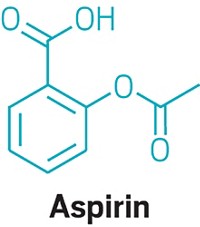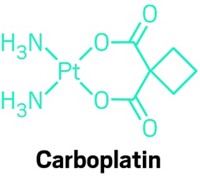Advertisement
Grab your lab coat. Let's get started
Welcome!
Welcome!
Create an account below to get 6 C&EN articles per month, receive newsletters and more - all free.
It seems this is your first time logging in online. Please enter the following information to continue.
As an ACS member you automatically get access to this site. All we need is few more details to create your reading experience.
Not you? Sign in with a different account.
Not you? Sign in with a different account.
ERROR 1
ERROR 1
ERROR 2
ERROR 2
ERROR 2
ERROR 2
ERROR 2
Password and Confirm password must match.
If you have an ACS member number, please enter it here so we can link this account to your membership. (optional)
ERROR 2
ACS values your privacy. By submitting your information, you are gaining access to C&EN and subscribing to our weekly newsletter. We use the information you provide to make your reading experience better, and we will never sell your data to third party members.
Biological Chemistry
Deconstructing depression
January 9, 2006
| A version of this story appeared in
Volume 84, Issue 2
Depression is believed to involve defects in serotonin signaling in the brain, but the details remain murky. Rockefeller University neuroscientist and Nobel Laureate Paul Greengard and his colleagues have now uncovered some of the specifics (Science 2006, 311, 77). The researchers searched for proteins that bind to the serotonin receptor 5-HT1B and identified the neural protein p11 as a likely candidate. The team then determined that low levels of p11 in mice and humans are associated with depression. When the researchers provided mice with antidepressants, the animals' p11 levels increased. In other tests, p11 overexpression alleviated depression symptoms. The researchers also observed that higher levels of the protein increase the number of serotonin receptors on the surface of neurons, enhancing serotonin signaling. The findings could conceivably lead to a better understanding of depression and more effective ways to treat the condition.




Join the conversation
Contact the reporter
Submit a Letter to the Editor for publication
Engage with us on Twitter